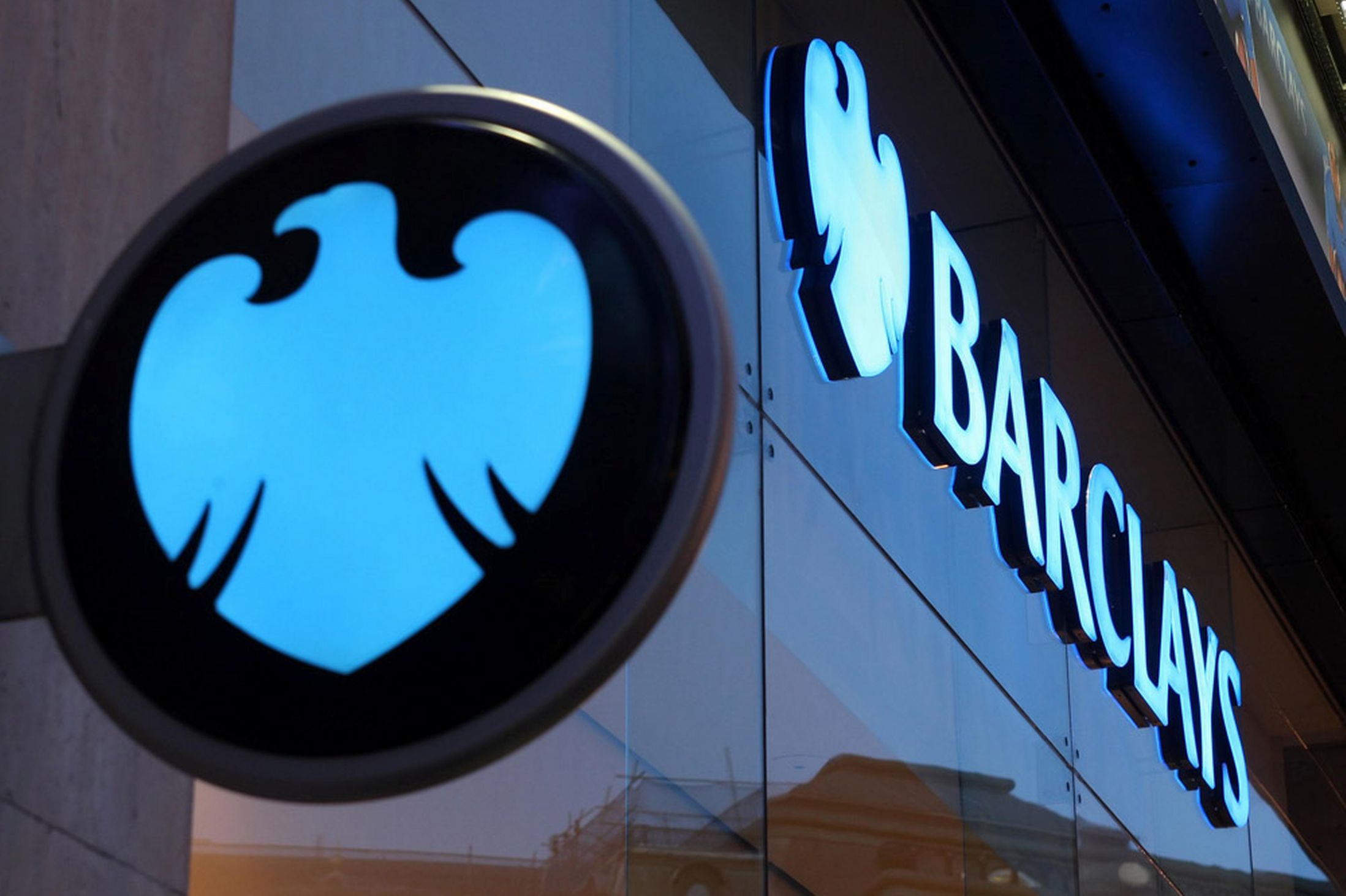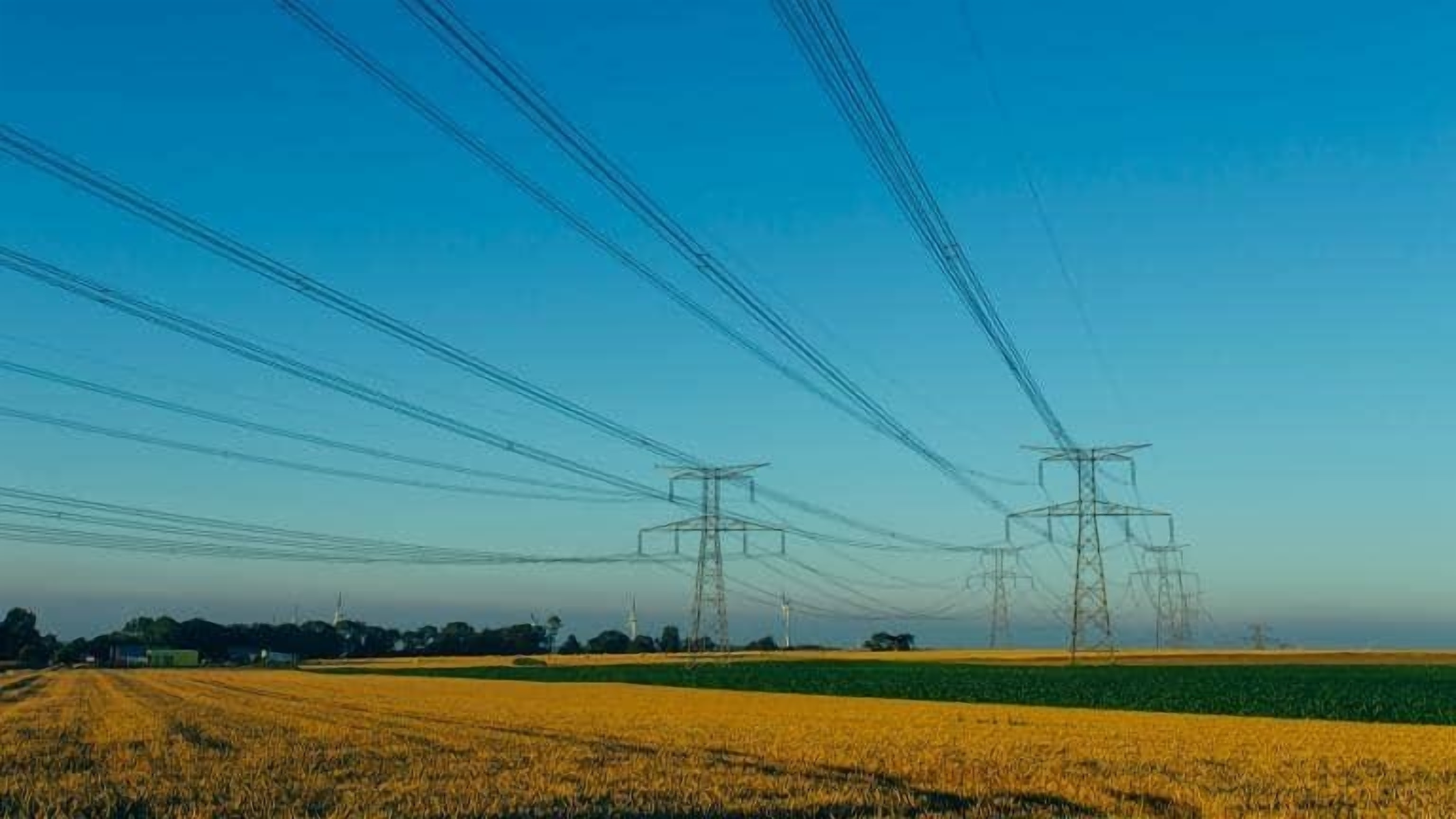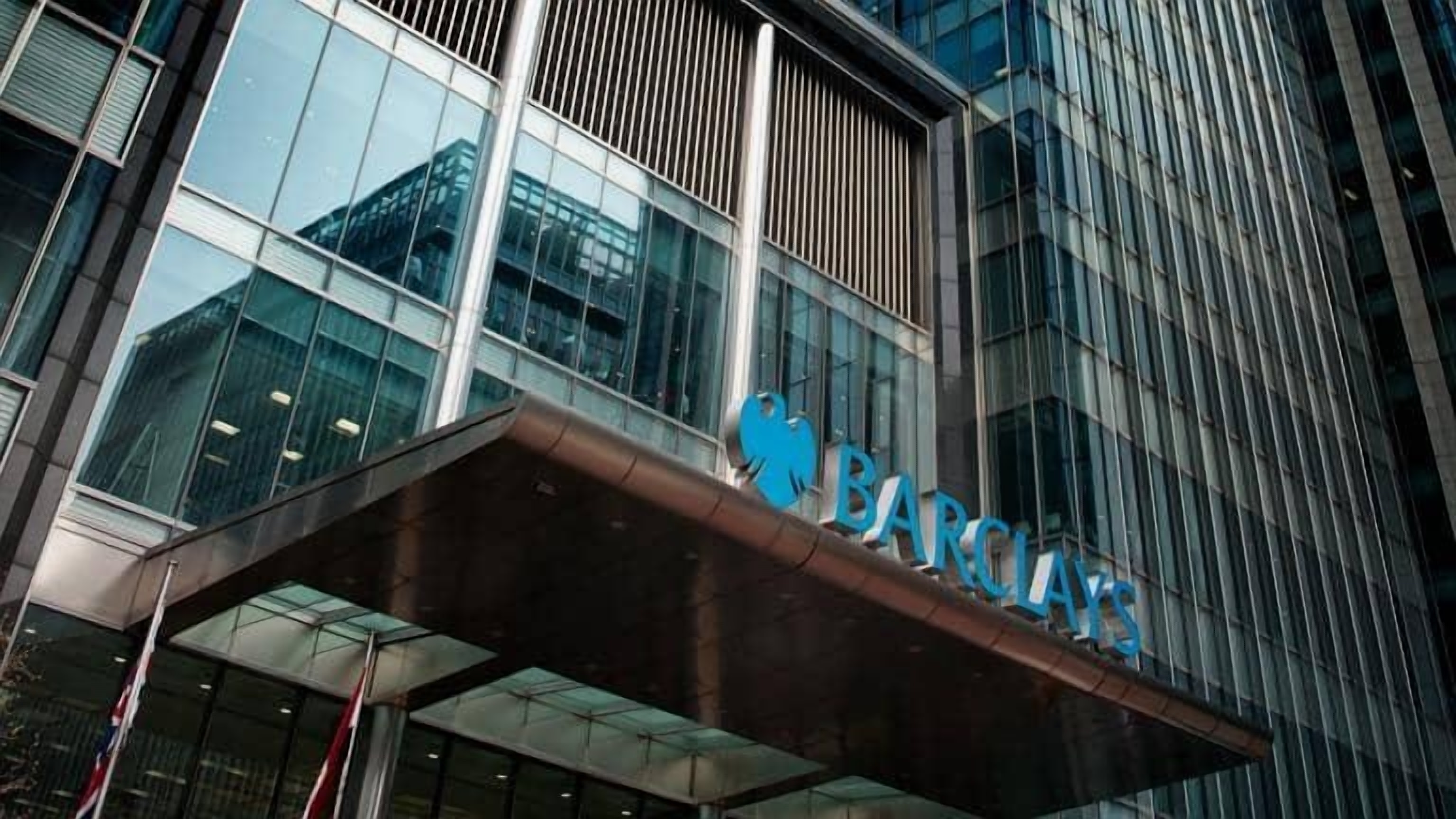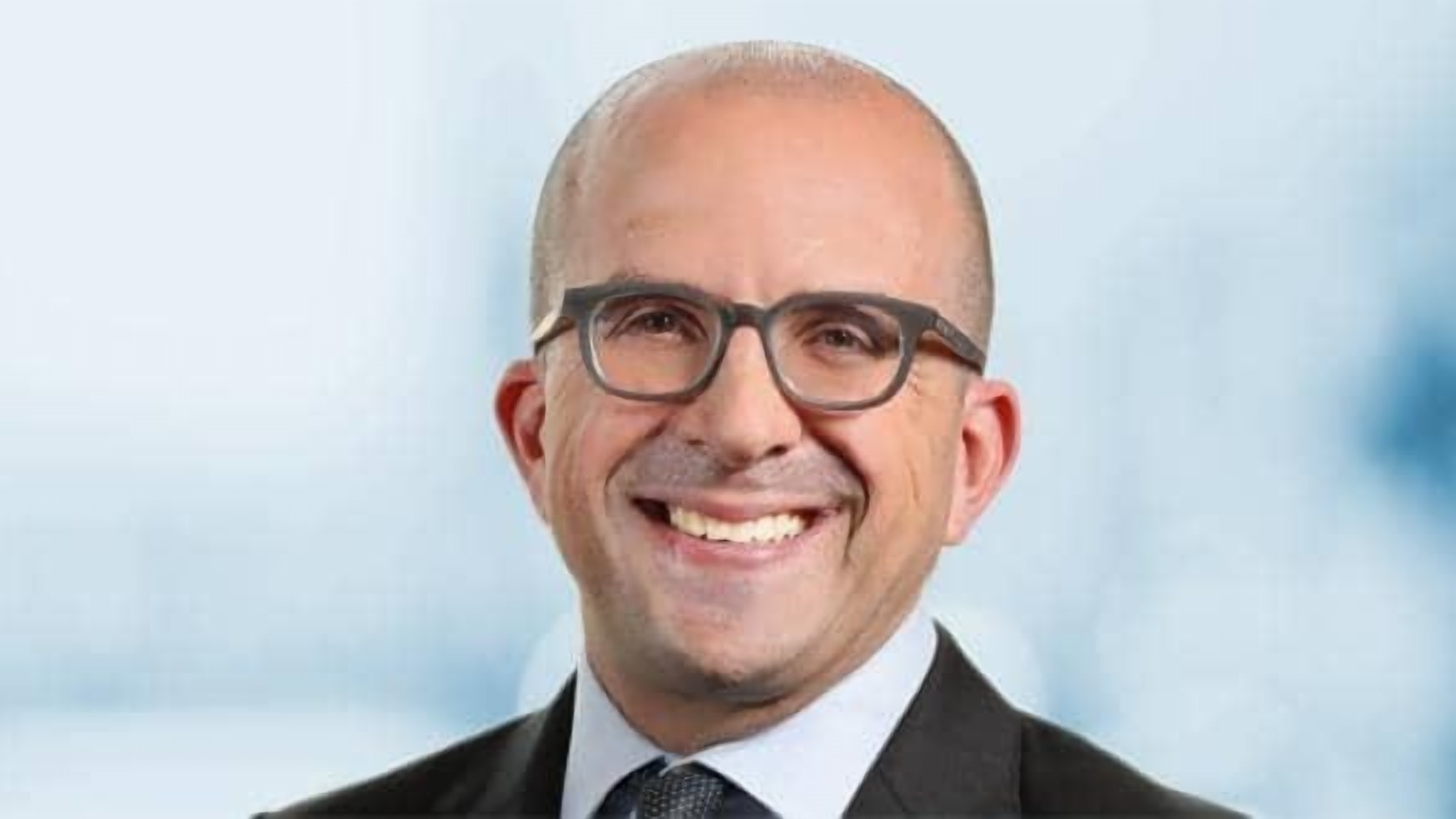Barclays Sees Opportunity in Green Transition, Expands Sustainable Financing
Barclays PLC

Barclays made it a strategic priority in February 2022 to take advantage of the opportunities created by the transition to a low-carbon economy. Since then, the company has been investing its own money and making it easier for businesses to get sustainable financing, keeping up with its climate strategy, which shareholders approved this year.
Barclays announced that, in response to a lot of interest and demand, it would be putting a lot more of its own money into climate tech startups around the world.
The Group's investment plan for Sustainable Impact Capital will grow from £175 million in 2025 to £500 million in 2027. Due to the success of the investments so far, the investment mandate needs to be raised to £500 million so that Barclays can keep doing what it is doing and make new investments.
In the last two and a half years, Barclays has put £84 million into innovative start-ups. This has helped them solve environmental problems on a larger scale and fill funding gaps during their growth stage.
Sustainable Impact Capital's investments have helped a wide range of climate-tech innovations, like long-term energy storage and hydrogen technologies, as well as solutions for retrofitting buildings.
In the next phase of Sustainable Impact Capital investments, there will be a bigger focus on decarbonisation technologies that help transition carbon-intensive industries, especially those where Barclays has a lot of clients, like energy and power, real estate, and transportation.
Barclays' main goal is to help its clients move to a low-carbon economy by giving them advice and helping them get the money they need to change their businesses and scale up important green technologies. The Group has already met its 2018 goal of providing £150 billion in social and environmental financing by 2025 and is on track to meet its target of delivering £100 billion in green finance well ahead of the 2030 target date.
As a result, and after a strategic review of the Group's capabilities, market demand, and growth opportunities, Barclays is announcing a new goal to help with $1trn of Sustainable and Transition Financing between 2023 and the end of 2030.
This includes the long-term Green, Social, Transition, and broader Sustainability-linked Financing needs of clients like companies, governments, and consumers. The goal will be reached by financing climate and environmental solutions, like green mortgages, energy-efficient technology, and renewable energy, as well as broader social and sustainability work, like affordable housing that is linked to sustainability.
Barclays will keep putting money into its product platform to help make this $1trn of financing possible. This includes growing its sustainable debt financing and equity capital markets business. The Group will invest across business lines, geographies, and sectors to further deepen relationships with customers and clients.
The Group recognises the importance of determining financial eligibility and honestly reporting progress toward this goal. In an updated version of Barclays' Sustainable Finance Framework, Barclays has outlined the Green, Social, and wider Sustainability-linked Financing transactions that are eligible under the new objective.
This is a clear set of criteria that has been updated with the help of Sustainalytics. It is based on industry standards and market practice. Progress toward these goals will be reported alongside our financial results. Recognising that high-emitting sectors require significant capital to pivot their technology and infrastructure, Barclays is establishing a comparable Transition Finance Framework that will determine the acceptability of Transition transactions under this objective.
C.S. Venkatakrishnan, Barclays’ Group Chief Executive, said: C.S. Venkatakrishnan, Barclays’ Group Chief Executive, said: "Today’s announcements reinforce our group-wide strategic priority to capture the opportunities from the transition to a low-carbon economy. From facilitating financing for high-emitting sectors to adapt to our own equity investments in climate-tech start-ups, to our support for customers and small businesses, Barclays’ diverse ecosystem has the capability and expertise to accelerate the transition across all aspects of the economies that we serve.”
Daniel Hanna, Barclays Global Head of Sustainable Finance for the Corporate and Investment Bank, said: "The final COP27 text stated that $4-6 trillion a year needs to be invested in renewables and decarbonisation solutions until 2030—including investments in technology and infrastructure—to allow us to reach net-zero emissions by 2050. Barclays is uniquely positioned to help scale the new climate technologies that will decarbonise industries and create green jobs. Many of the technologies that are needed to reach Net Zero haven't yet reached a level where they can be sold to the public. Barclays can play a critical role by leveraging our experience as an advisor, bank, and investor through our Sustainable Impact Capital Programme to help accelerate their development and adoption.“
For more sustainable finance news
Source: Barclays






